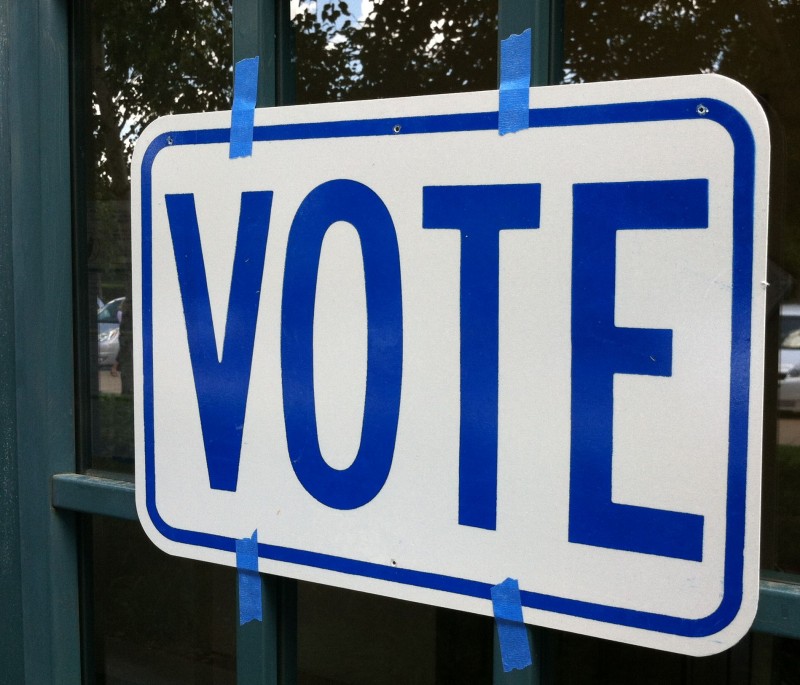Political parties continue to shrink in California, with voters who state no party preference edging ever closer to being the second-largest subset of the state's overall electorate.
Final registration data on Friday afternoon show 17.8 million registered voters in the Golden State -- about 169,000 more voters than in the last pre-election report six weeks ago. Republicans continue to shrink in relative size, now representing 28.1 percent of the electorate; the last time any GOP candidate won a statewide office, in 2006, the party represented 34.3 percent of the electorate.
In truth, both parties continue to shrink in California -- though Democrats have done so more slowly, and continue to be the dominant group. Unaffiliated voters, those with no stated party preference, are now close to accounting for one in four who are registered to cast ballots.
But registration does not necessarily translate into political power; after all, elections are decided by those who actually show up to vote. This week's nonpartisan Field Poll used a model that's consistent with what many political insiders believe -- namely, that Democrats and independents seem less motivated to vote on Nov. 4 than are Republicans.
Field's survey assumes an electorate next week that is 34 percent Republican, 6 points higher than actual GOP registration. The survey model also concluded that self-described conservative voters will outnumber liberals, 31 percent to 28 percent.
